World Humanitarian Day (WHD) is held every year on 19 August to pay tribute to aid workers who risk their lives in humanitarian service, and to rally support for people affected by crises around the world.
If you feel inspired by our colleagues’ stories, visit our "Make a difference" page – and find out how you can support humanitarians around the world.
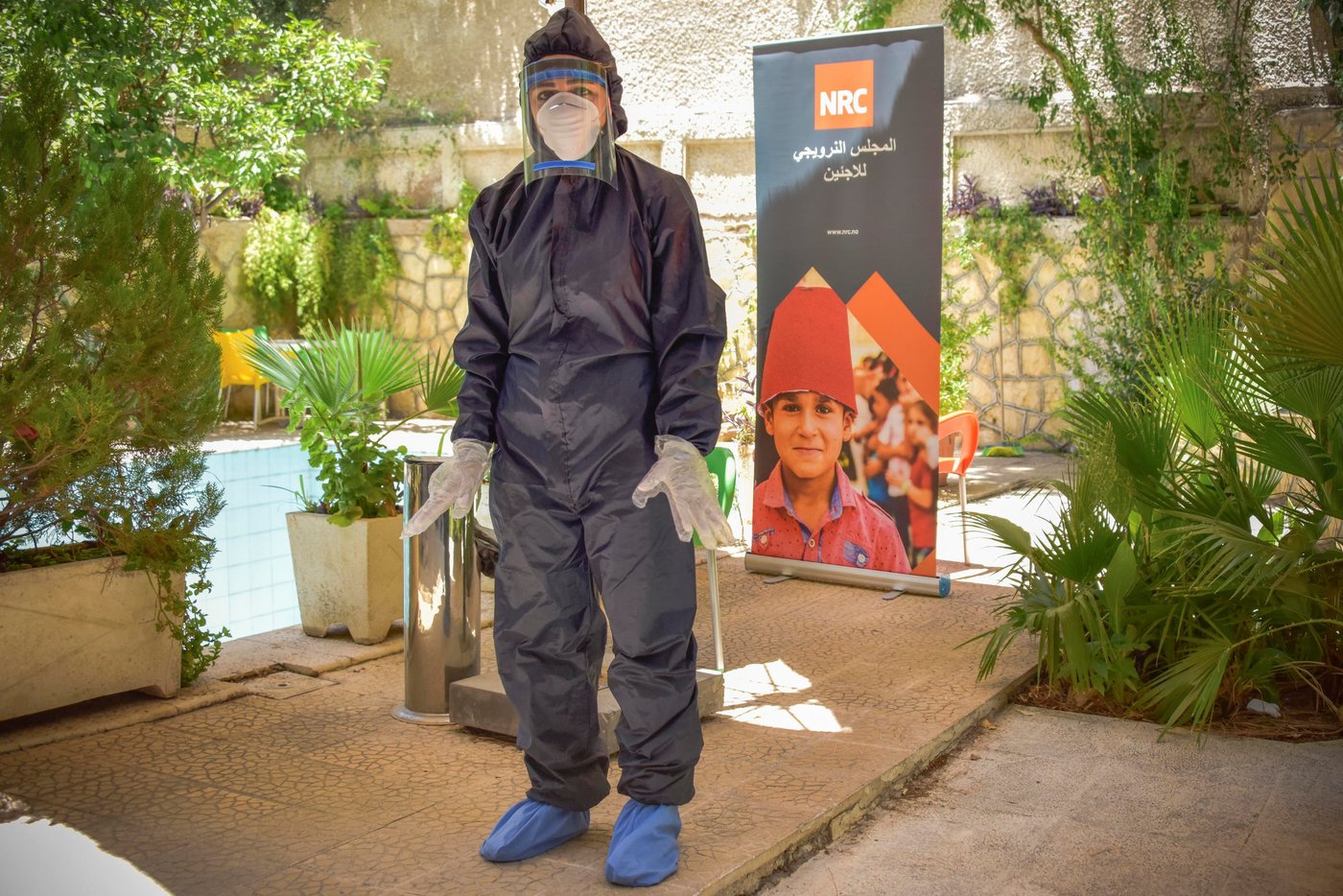
Madona Kouz – Risk and Operations Assistant, NRC Syria
It was my responsibility to train NRC Syria staff in how to put on and take off personal protective equipment (PPE) safely.
I was very invested in making the process clear and understandable, but I also felt responsible for making sure the training would reassure staff on our preventive measures. I was keen not generate fear, as I know the risks that our staff already go through during normal times.
It is a great relief to know that after every field mission, our staff can go home safe and healthy to their families and loved ones.
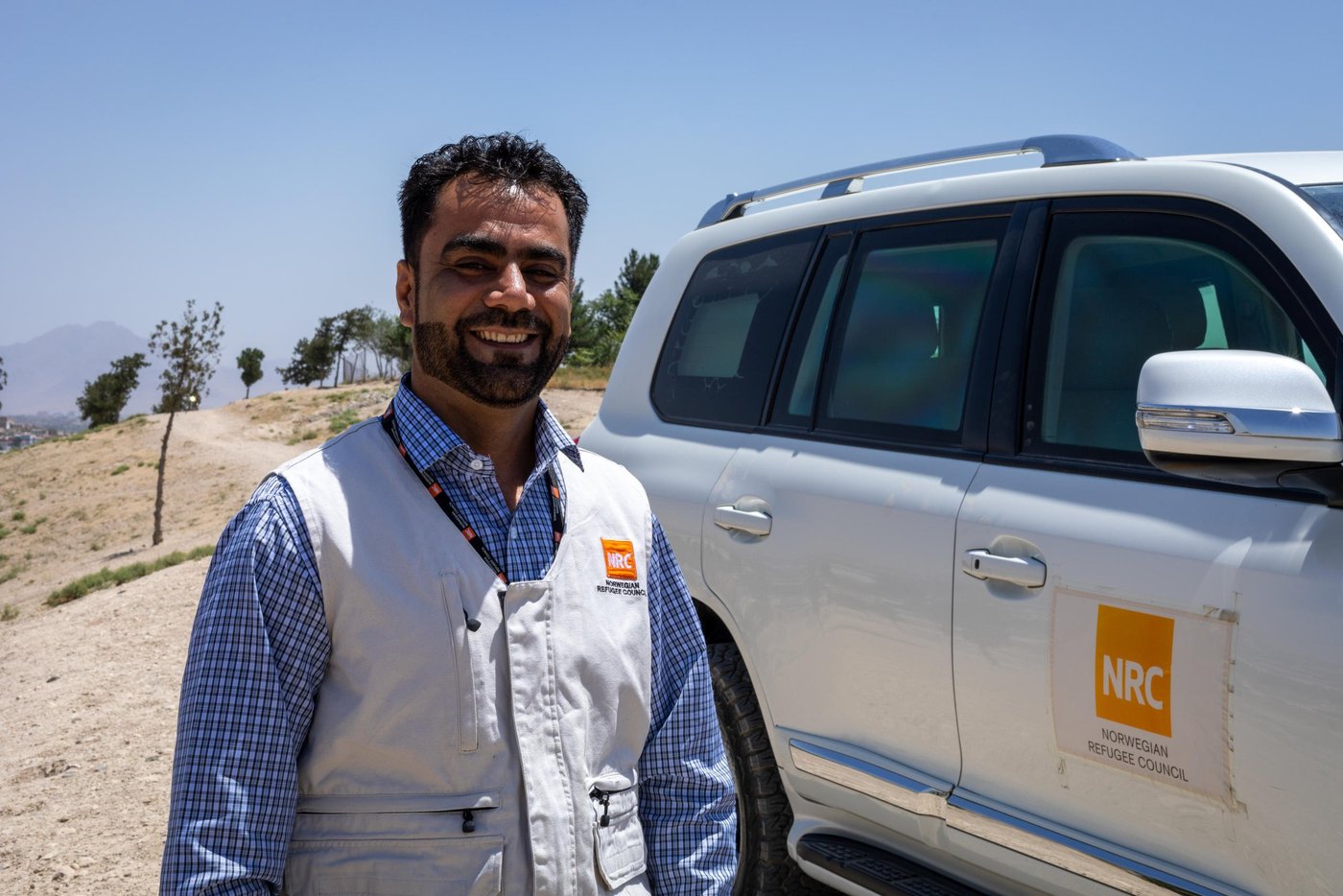
Murtaza Sarwari – Driver, NRC Afghanistan
I worked as usual during this pandemic. It was an emergency period and we had to stay open and deliver to those in need.
There were many people in camps and settlements that needed our help and support. There were many families that would not have been able to buy soap or shampoo if we hadn’t been there to support. This gave us all a reason to continue working.
I have been a humanitarian worker for almost 15 years and have always wanted to help people, and this was the right time. When a crisis comes, we have to face it head-on for the wellbeing of others. That’s our job as humanitarian aid workers.
As a driver, I try to do everything I can to make sure that my colleagues and family are protected. I keep myself sanitised and sanitise the vehicle with the doors locked for 20 minutes twice a day. By doing so, I protect everyone in my circle.
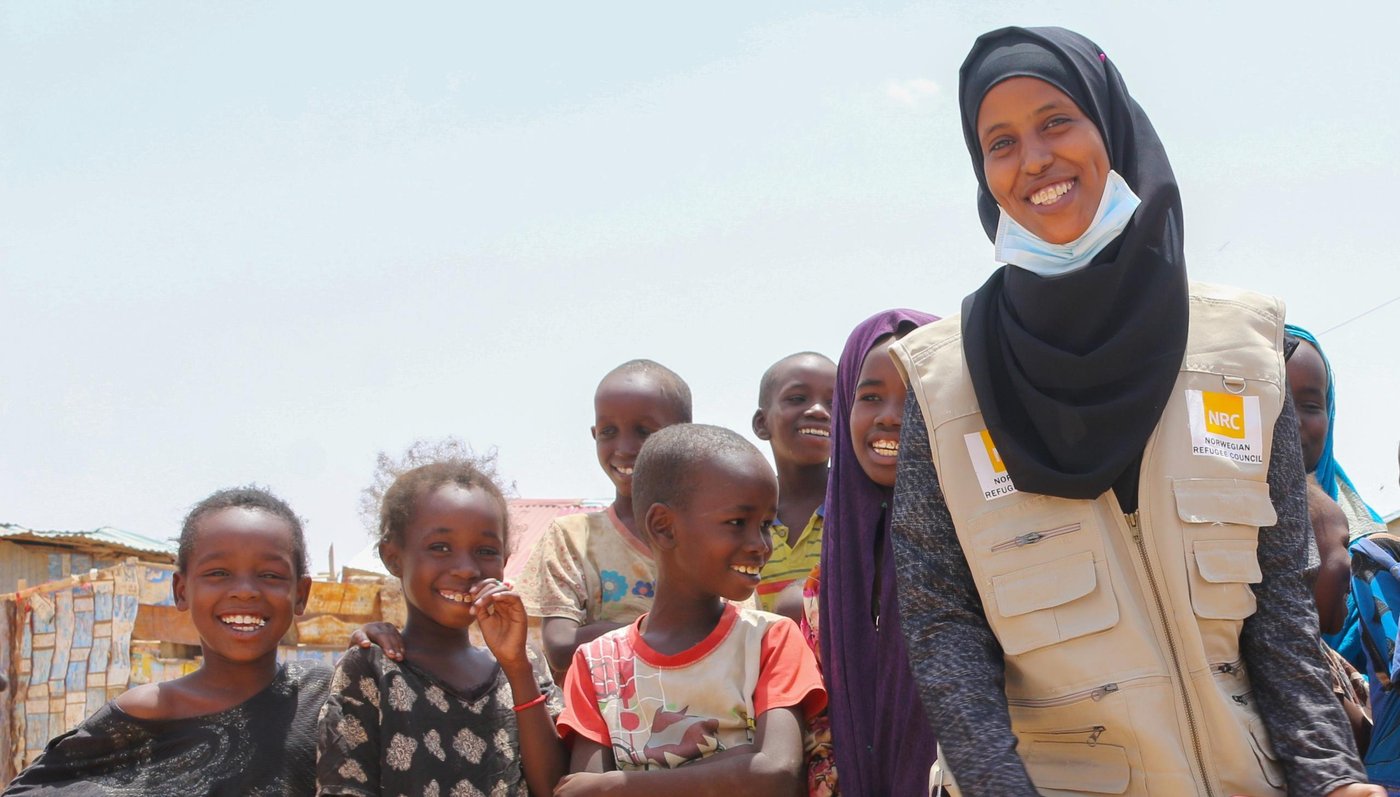
Ifrah Ahmed Abbas – Water, Sanitation and Hygiene Assistant, NRC Somalia
I became a humanitarian worker after seeing the very tough living conditions of vulnerable people in the Puntland regions of Somalia. They are extremely neglected, but they deserve a better life just like anyone of us.
During our Covid-19 response programme, we met with so many people who were not aware of the risk of the virus. For them, it was just like normal sickness, and sometimes they did not pay attention to what we were talking about, but we continued to raise awareness about the risks. Finally, we convinced them to listen to us and provided them with hygiene kits, soap and hand sanitiser so that they could play their part in reducing the spread of the virus.
In humanitarian work, everything is about hard work and dedication. If you dedicate yourself to achieve something, you will achieve it.
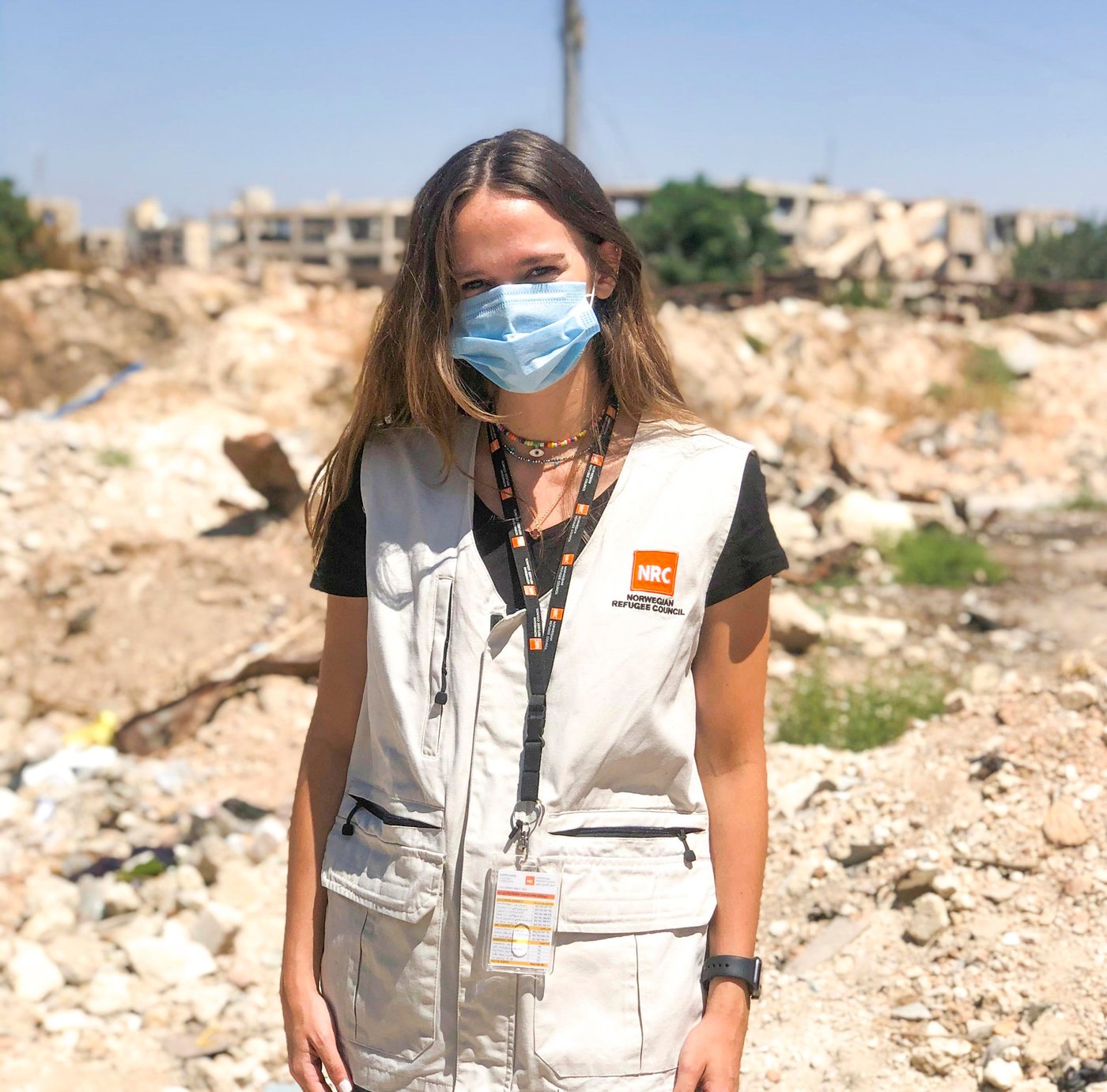
Salma Kasem – Protection Officer, NRC Syria
As Covid-19 started to spread, my biggest fear was the threat that we may not be able to aid those people who are most in need of our assistance.
In that exact moment, when the pandemic was at its peak, I decided to be closer to the people who see us as their ray of hope.
Reaching the greatest number of vulnerable people was our motivation to work harder and be the heroes we are destined to be, because in a crisis like this, we are all vulnerable.
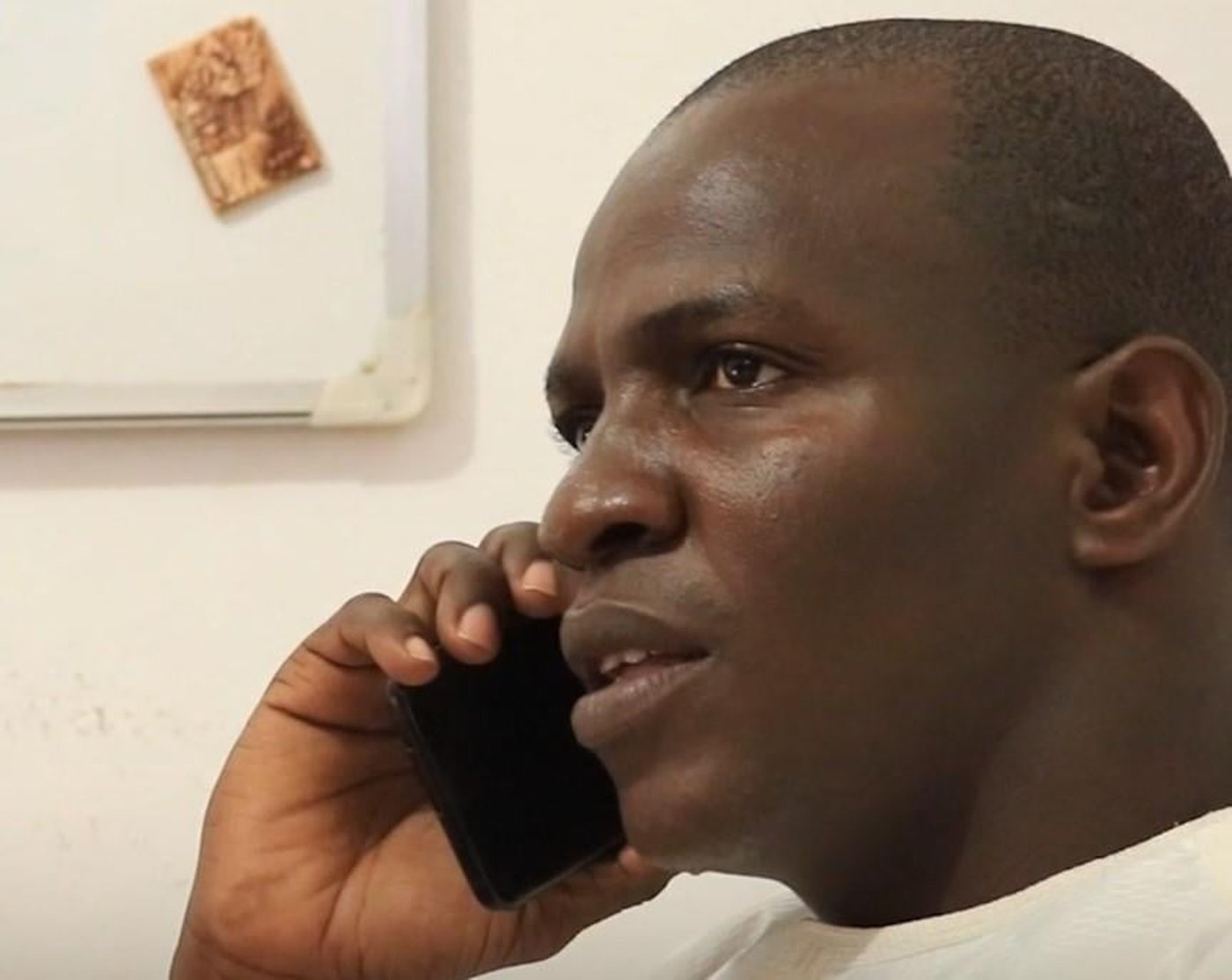
Ibrahim Sory Thera – Health, Safety and Security Adviser, NRC Mali
The Covid-19 crisis affected our humanitarian work. We had to develop policies to adapt to the situation, in order to continue to provide assistance. We provided our staff with masks and gloves, and also installed handwashing stations.
There are so many challenges and obstacles that we face. We work in hard-to-reach areas where it’s very difficult to deliver assistance. What I’ve learnt is that we have to create the means and conditions to help these communities without endangering our staff and community members.
My motivation comes from the saying: “There is no work more noble than to alleviate the suffering of the most vulnerable”. And providing this assistance is my primary motivation.
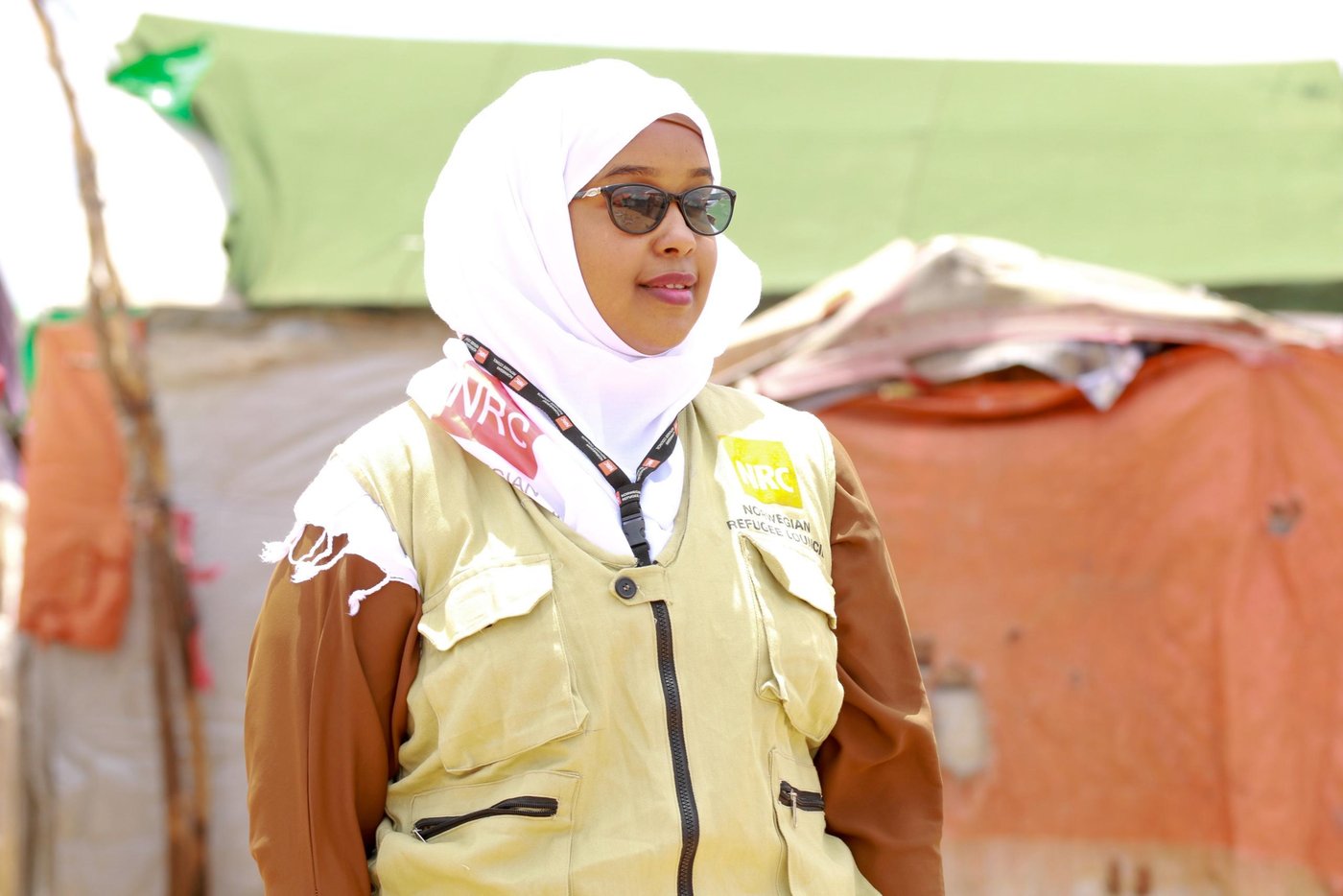
Munira Mohamud Ali – Water, Sanitation and Hygiene Assistant, NRC Somalia
I was born and raised during Somalia’s armed conflicts, a time of recurrent droughts, floods, and piracy. I witnessed the huge displacement of Somali people and the dire need of humanitarian assistance. I wanted to do something to serve vulnerable communities and help them to change their lives.
When the first Covid-19 case was confirmed in Somalia, I stood up to fight against this deadly virus because I knew how fast it could spread and how easily it could kill people.
Imagine a settlement where people are living in small makeshift houses, sharing water points and latrines, and without access to clean water. It was obvious that this would expedite the spread of the virus. Even worse, there were no Covid-19 testing kits in the settlements. These challenges kept me awake for many nights and inspired me to work hard to introduce preventive measures and raise awareness among the Somali people to help save lives.
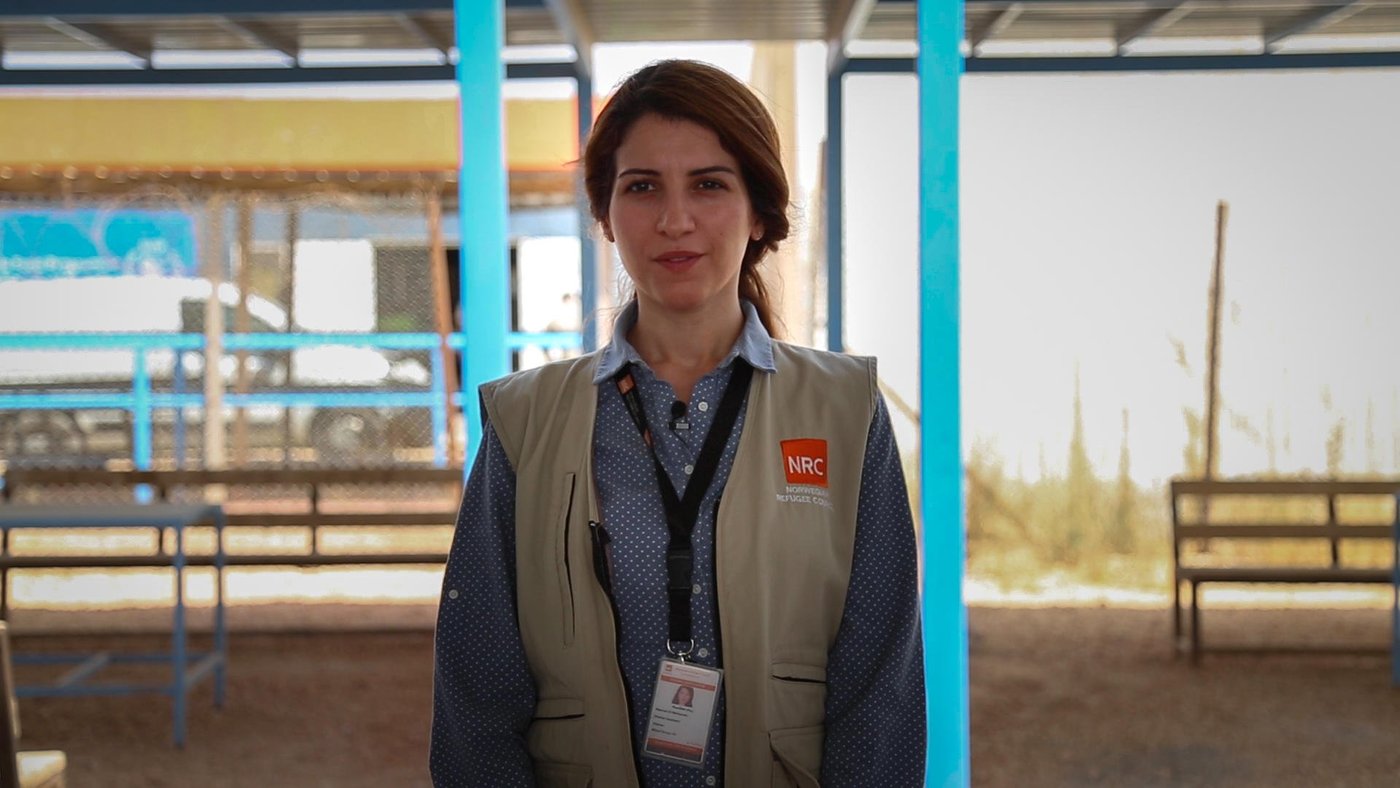
Renad Al-Mahasneh – Shelter Technician, NRC Jordan
I am very passionate about helping people in need. I always wanted to do humanitarian work and join a humanitarian organisation, and I started volunteering with local NGOs before becoming an aid worker.
I was part of the NRC response team that stayed in Zaatari refugee camp for 30 days during the Covid-19 lockdown, when all permits to enter or exit the camp were suspended. This was the only way to ensure we could continue to provide camp residents with support, such as hygiene kits and cash assistance.
It was a challenging experience, especially leaving my parents and my home during such an uncertain and difficult time and adapting to our makeshift living conditions. But it helped me to grow stronger and more resilient to anything I might face in the future. I was very proud of being a part of this response and assisting refugees in need.

